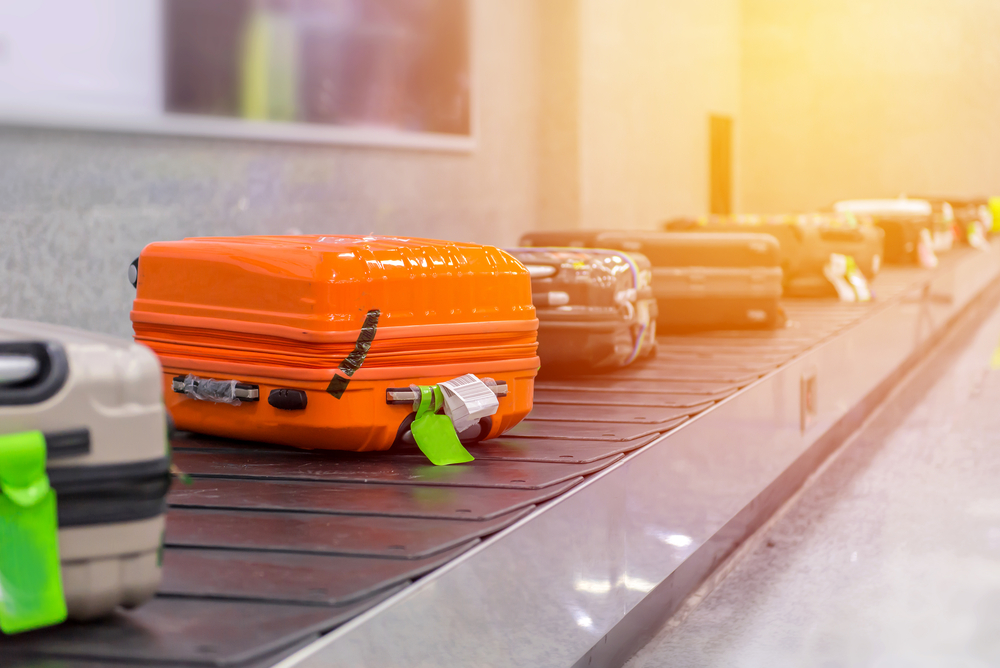With Increased Passengers Comes Baggage

Passenger numbers continuing to increase at an exponential rate means that more baggage is being handled. Of the many operational factors that airports manage, baggage handling continues to be one that poses a significant challenge in the pursuit of efficient, streamlined passenger experiences and business models.
There has already been a significant increase in self-service baggage check-in across the globe. As this development expands, although a costly investment initially, it will lead to reduced costs for airlines and a reduction in queuing for passengers.
In June last year, Resolution 753 was introduced. Resolution 753 is a baggage tracking requirement which states that airports must monitor the acquisition and delivery of bags at the three specified events: aircraft loading, arrivals inject, and transfers inject. This new regulation is encouraging further investments in technology and allowing passengers to download apps to receive real-time information on the location of their luggage. Resolution 753 should make it easier to identify operational issues relating to the flow of baggage, allowing airlines to correct errors early which in turn will lead to fewer luggage issues for passengers.
Today, most bags are checked and tracked using bar code technology, however, Radio Frequency Identification (RFID) is a more cost-efficient method to achieve the industry’s target of 100% bag tracking. The current barcode method requires expensive, automatic barcode readers or a manual operator. The introduction of RFID across all airports would remove the need for readers and operators and make it easier to process baggage automatically which is particularly crucial when flights are disrupted. For its full implementation, there would need to be an industry-wide commitment to investing in RFID technology, which the IATA are striving for from 2020.
The way baggage is handled needs to start adding value for the passenger and with increased expectations of regulators coupled with advances in technology, we should see this happen in the coming years. Remote baggage drop-off/pick-up has started to be introduced, with some airlines beginning to offer home baggage collection and hotel delivery. An end-to-end baggage delivery service has the capacity to massively improve the passenger experience, eliminate wait-time to check and collect luggage at the airport and offers an additional revenue stream for airports.
The way we are dealing with baggage has adapted already but there are still changes that need to be made to keep efficiency high with increasing passenger numbers.